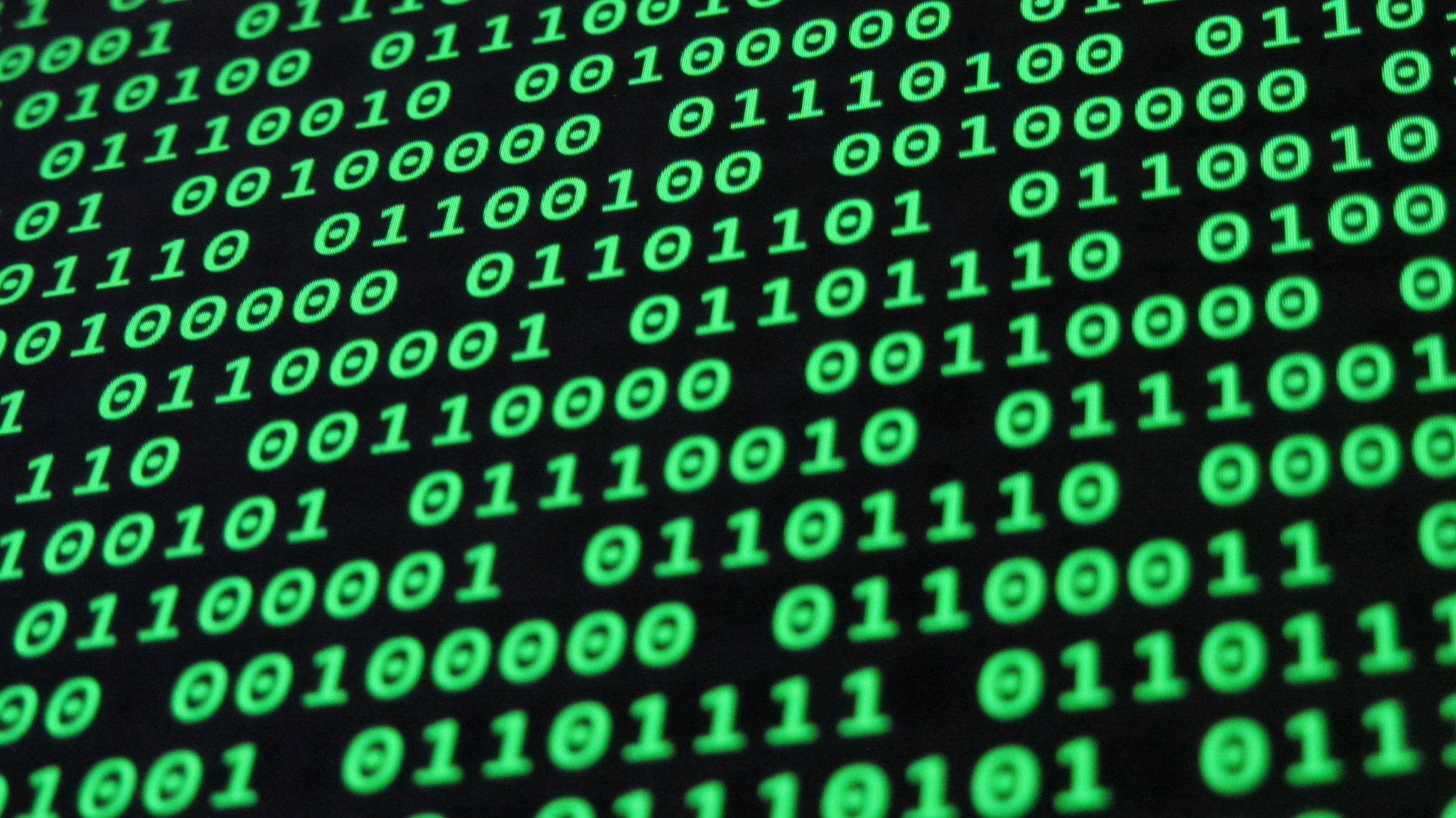Digital Humanities (DH) is an emerging field that sits at the intersection of technology and humanities fields such as literature, history, and cultural studies.
The creation of digital humanities as a discipline is a formalization of recent trends in Universities as digital technology alters practices of research, study, writing, and publication. It often means working with text: managing texts, drawing new insights from them, publishing or recombining them. It can also mean working with data in the context of humanities disciplines, or even engaging in pursuits like 3D modeling as applied to projects in the humanities.
Digital humanities is by nature interdisciplinary, so rather hard to pin down: at the moment DH can include just about anything you might use technology for in pursuit of a humanities topic, from a history student doing their dissertation by creating a 3D model of a medieval village, to an English professor basing a book on insights drawn from digital textual analysis of a body of work (say, to examine shifts in literary style over time by using computational tools). There are new DH programs at Universities such as Stanford, Berkeley, and Oxford; you can even get a Master’s in DH at Loyola University Chicago.
When I first read about digital humanies, I was excited (as an English major, writer and working designer / developer, it seemed at the confluence of my interests) and also reminded of another interdisciplinary, emergent area I’ve been learning about: data journalism. Though data journalism is a bit narrower – rather than a catchall for everywhere tech and journalism meet, it’s usually taken to have something to do with reporting sets of quantitative data – there’s some strong similiaries with digital humanities.
Like data journalism, digital humanities can be roughly divided into “discovery” and “presentation.” Either you’re using digital tools to uncover insights in new ways (textual analysis or “distant reading,” data mining, or searching for statistical patterns) or using technology to present discoveries in new ways (electronic publication, data visualization, creating interactive software such as maps, or creating digital archives).
In contrast with data journalism, there’s at least another cross-section that digital humanities describes: code and software not just as the means of conducting research or telling a story, but as a subject in itself: new subdisciplines like “software studies” and “critical code theory” aim to excavate the human side of digital production (for examples, see the intriguing book 10 PRINT CHR$(205.5+RND(1)); : GOTO 10 and its publisher, the Electronic Literature Organization.
I stumbled on digital humanities when doing some research on publishing with pandoc and Markdown, which brought me to the Programming Historian site, an excellent resource that “offers novice-friendly, peer-reviewed tutorials that help humanists learn a wide range of digital tools, techniques, and workflows to facilitate their research.” (The article that brought me there was Sustainable Authorship in Plain Text using Pandoc and Markdown, which I recommend.)
Giving the Programming Historian lessons page a glance, you get an idea of what the nuts-and-bolts of digital humanities involve – though not exactly what kinds of projects these things would be put in service of. Primers on more universally applicable computer skills, like regular expressions, are supplemented by things like “Transliterating non-ASCII characters with Python” (useful for researchers working with text in Cyrillic or other non-English notation, and if you’re wondering what ASCII is I wrote about it here) or “Corpus Analysis With AntConc” (an initiation into computer-aided linguistic analysis of a body of text). You get a glimpse of some of the more radical possibilities with primer on sonification called The Sound of Data , which introduces the reader to the fascinating idea of making data audible.
It’s worth noting that although the visibility of digital humanities, and the term itself, is recent, the roots of this cross-discipline go back to the 1960s – see Wikipedia – or even earlier. And, some say it’s already been overhyped, had unrealistic expectations projected onto it, or even become a nexus of bias, commercial pressures on academia, and reductionist thinking or an over-emphasis on quantitative analysis in disciplines that had been mercifully spared from it.
But viewed simply as a toolbox of techniques that extend the powers of the writer and researcher – “distant reading” which goes hand in hand with “deep reading” – digital humanities is an exciting new development for many. It offers up new areas of exploration, makes space for different kinds of projects, and initiates a new body of knowledge about practices that almost any 21st-century humanist scholar is already engaged in: navigating, creating, and archiving electronic documents, and thinking about culture in a way that is aware of, and influenced by, new media and the Internet.
Update:
The best concise definition of DH I’ve encountered now comes from Dr. Amanda Visconti, quoted in a presentation by Latinx scholars from the University of Houston on their archival work.
Digital humanities are: Research, teaching and learning about literature, history, or the arts (i.e. the humanities) in digital ways (building and using software, websites, datasets, etc.) and humanities thinking, applied to the digital.
More:
What is digital humanities? If you don’t like what you see, refresh for a different answer.
In this video Jeffrey Schnapp, Professor of Romance Languages & Literature at Harvard Graduate School of Design, introduces digital humanities.
A critical takedown of the hype around digital humanities (and fairly nuanced, despite the headline) which also catches you up on the controversy if you’re just now arriving was penned by Adam Kirsch at the New Republic in 2014: “Technology is Taking Over English Departments: The false promise of digital humanities”. Kirsch’s article admits that digital humanities is a good supplement to traditional humanities but emphasizes that it is no substitution for it – which is a point I think even the boosters of digital humanities would agree with.
If you really want to dig deeper, LA Review of Books has a whole series of interviews on the topic of digital humanities.



